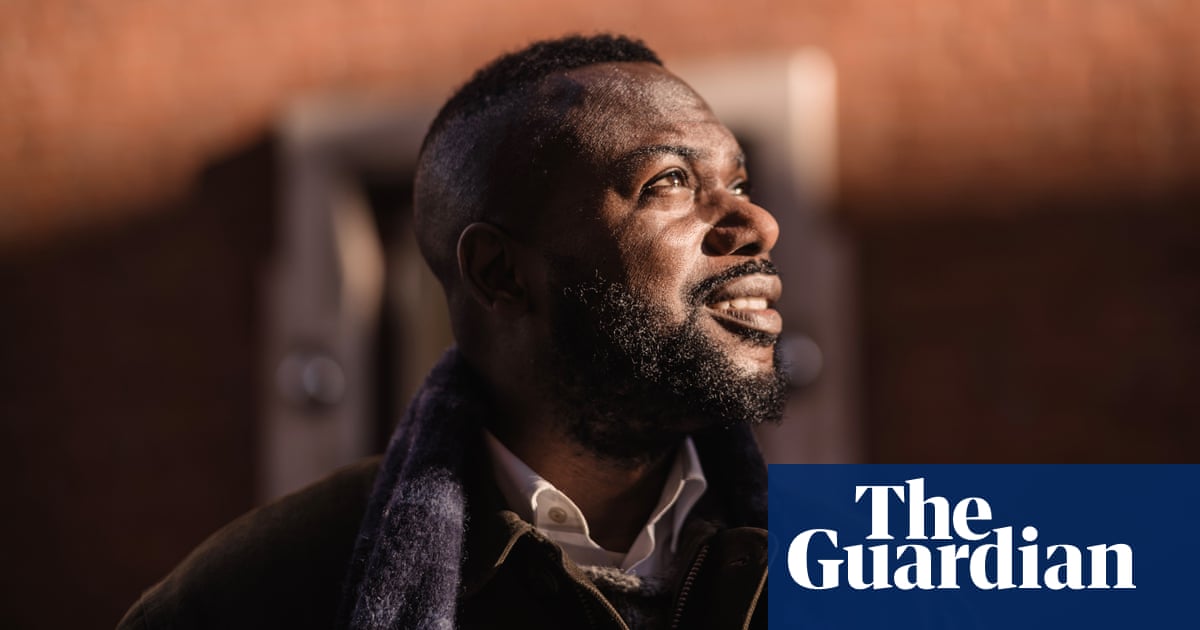
Mary-Kay Wilmers, who celebrates her 82nd birthday today, is, according to the New York Times, “Britain’s most influential editor”. She was one of the founders of the London Review of Books in 1979 and has been the paper’s editor for 28 years. Her colourful home life was documented in Love, Nina, a memoir by her former nanny Nina Stibbe. Why Didn’t You Just Do What You Were Told?, a collection of Jenny Diski’s writing for the LRB and selected by Wilmers, has just been published.
What do you like about Jenny Diski’s writing?
She says things that most people don’t say. And she’s funny, really funny, and when you don’t expect it. There’s a wonderful quote I came across this morning: “In my experience, writing doesn’t get easier the more you do it. But there is a growth of confidence; not much, but a nugget, like a pearl, like a tumour.” Who else would think of that?
In her book reviews, Diski is especially good on powerful men: Roald Dahl, Howard Hughes, Richard Branson. Did you steer her towards these biographies?
I liked her sense of other people, if you like. All these Howard Hugheses and Jeffrey Dahmers… people like that, she writes very well about them without condemning them, though it’s perfectly obvious what she thinks of them. There are marvellous details, like Howard Hughes and the peas needing to be straight on his fork [Hughes insisted that he was served exactly 12 peas every night at dinner; if one was larger than the others, it would be returned to the chef and swapped for a pea of standard size]. They’re all contributions to your life. I would be the poorer for not knowing about Howard Hughes and his peas.
Are there writers you’d loved to have published in the London Review of Books?
Living or dead? Well, I don’t know… TS Eliot.
Didn’t you work with him at Faber & Faber in the 1960s, when you were a secretary and he was an editor?
It’s very impressive now to have worked with TS Eliot, but “worked with” doesn’t exactly describe it. He was a Great Man, the GLP – the Greatest Living Poet – and that’s how he was often referred to. You’d see him in the corridor and make room for him. I met [Ezra] Pound too, in his silent days.
Why has the LRB endured and prospered when so many publications are struggling?
We keep going. And I particularly like to think that it’s because we have a sense of humour that you can see without it necessarily being declared. We’re not po-faced, as it were. So, I don’t know… I could just say that it’s because it’s a good paper!
The LRB has had quite a few stories that became talking points – for example, Andrew O’Hagan’s 60,000-word analysis of the Grenfell fire and Hilary Mantel’s article on the Duchess of Cambridge that called her a “shop-window mannequin”. As an editor, do you view that as a mark of success?
Yes. Not if it’s personal or nasty or just misunderstood. The coverage of the Grenfell article wasn’t particularly sympathetic. But certainly Hilary Mantel, she wasn’t particularly dissing the royal family anyway. And if she was, that’s fine by me.
Thanks to Love, Nina, there’s this idea that literary figures, such as Alan Bennett, Claire Tomalin, Jonathan Miller, were always dropping in at your house in the 1980s. How accurate is that?
Yes, it didn’t apply to them all equally. Alan had been a friend of mine at college, so it wasn’t odd that he should continue to be a friend. We lived in Gloucester Crescent [in Camden] and these other people lived in Gloucester Crescent. It was deliberate to be near Alan but the rest just sort of followed. And it’s nice not to be so concentrated on oneself. You can just want to look into your husband’s eyes all day or you can not want to look into your husband’s eyes all day.
What did you think of the TV adaptation?
I mind people thinking that my boys were two little public schoolboys, because they weren’t. But apart from that, played by Helena Bonham Carter – who could complain?
As a sociable person, has this period of isolation been very difficult for you?
We have a front window on to the street, and people come to supper at “the ledge”, the window ledge. A friend of ours, Inigo Thomas, is a wonderful cook, so he cooks and, except when it’s cold or wet, they sit one side of the window and we sit at the table the other side. So it’s quite a jolly household and I really, really can’t complain – though I do.
What have you enjoyed culturally during lockdown?
I liked Normal People. It’s the first time I’ve ever managed the whole of a series. And I’ve been rereading Beryl Bainbridge. I don’t read as much as I would like to, partly because the LRB takes up a lot of time, and also the fact that I have a lot of migraines.
The LRB celebrated 40 years last year. How long will you want to stay on as editor?
I’ll want to go on. I like doing what I’m doing. I don’t crave more from my day. And the lockdown proves that: I haven’t used it well. But obviously I have to give other people a chance, and I’m not necessarily the best connected to the contemporary world. I have to give way to that, and not want to control everything myself.
• Why Didn’t You Just Do What You Were Told?: Essays by Jenny Diski is published by Bloomsbury












